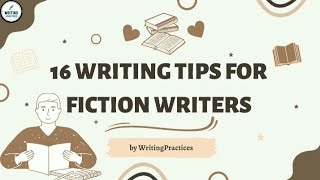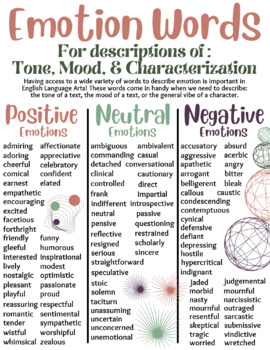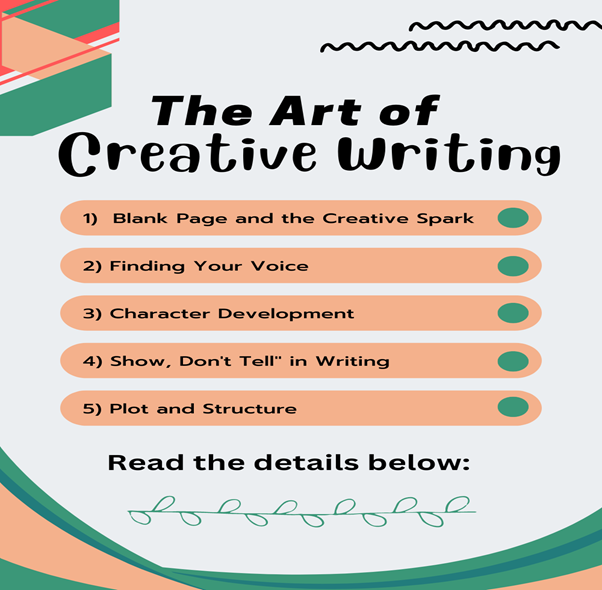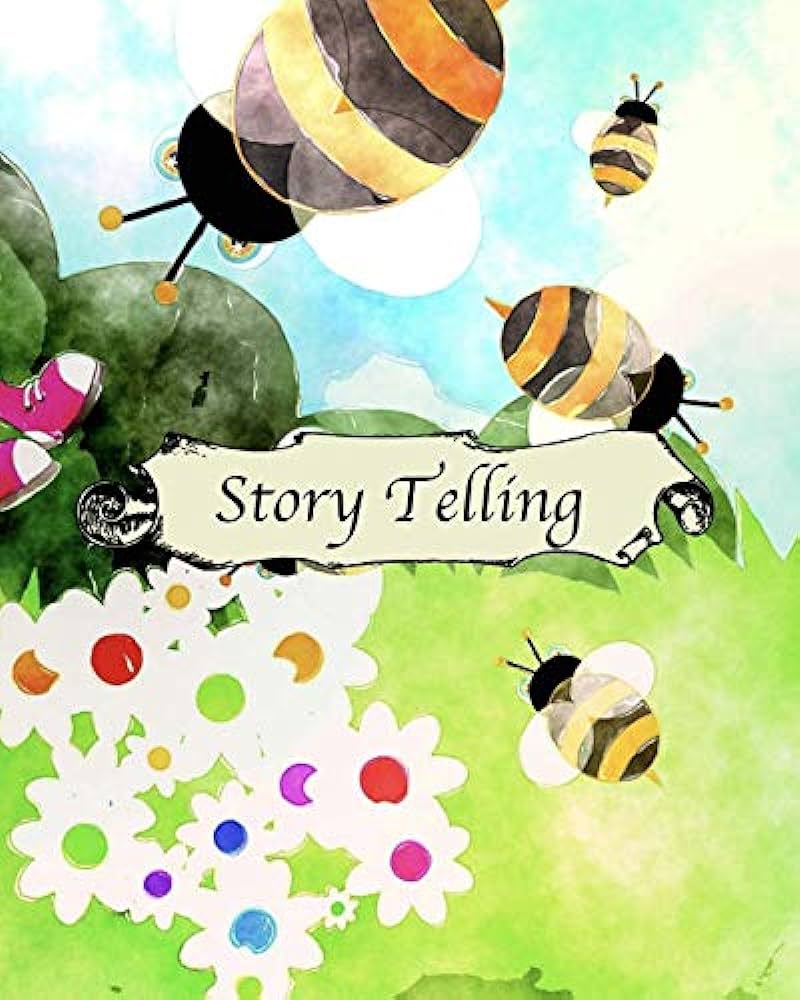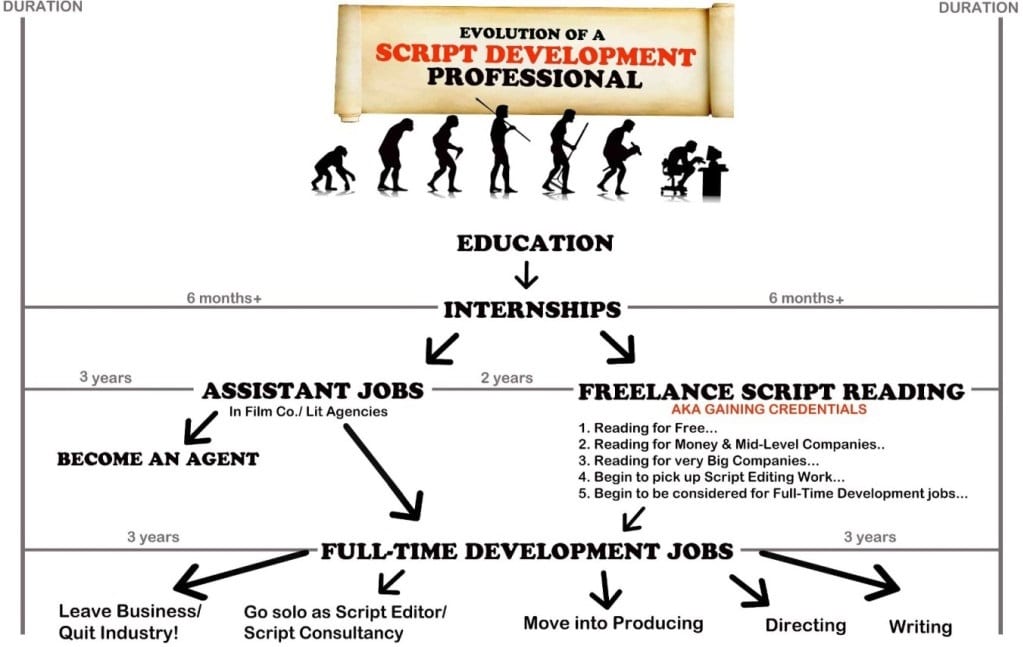Unleash Your Creative Voice – Writing Genre-Specific Fiction
Are you an aspiring writer looking to immerse yourself in the world of genre-specific fiction? Whether it’s mystery, romance, science fiction, or fantasy, each genre has its own unique characteristics and expectations that can help shape your storytelling. In this blog post, we’ll explore how you can unleash your creative voice and craft compelling genre-specific fiction.
1. Understand the Genre: Before diving into writing genre-specific fiction, it’s crucial to have a thorough understanding of the genre you wish to explore. Read widely in your chosen genre, analyze successful works, and identify the key elements that define it. Look for common themes, structures, and character archetypes specific to your genre. This knowledge will provide a solid foundation for your own writing.
2. Develop Engaging Characters: Characters are the heart of any story, and they play a pivotal role in genre-specific fiction. Shape characters that align with the expectations of your chosen genre. For example, in a mystery novel, your protagonist should possess traits such as curiosity, keen observation skills, and determination to solve puzzles. Understanding the conventions surrounding character development in your genre will enhance the overall appeal of your story.
3. Craft a Compelling Plot: Every genre comes with certain plot conventions that readers expect. Whether it’s the rise and fall of a romance, the buildup of suspense in a thriller, or the exploration of an alternate reality in science fiction, create a plot that engages your readers and keeps them turning the pages. Balancing these genre-specific elements with fresh, original ideas will make your story stand out.
4. Set the Scene: The setting of your story contributes significantly to its genre. Determine the time period, location, and atmosphere that best complement your chosen genre. For a medieval fantasy tale, vividly describe the castles, mythical creatures, and magical elements. In a dystopian science fiction novel, paint a picture of a post-apocalyptic world with advanced technology. Immersive world-building helps readers immerse themselves in your story and enhances the genre-specific experience.
5. Master the Language: Each genre has its own tone and style of writing. Pay attention to linguistic choices, sentence structures, and vocabulary commonly associated with your chosen genre. A romance novel may use softer and more emotional language, while a thriller might employ short, snappy sentences to create tension. Becoming fluent in the language of your genre will enable you to connect with readers and create an authentic reading experience.
6. Embrace Genre Conventions, But Be Innovative: While it’s essential to adhere to genre conventions when crafting genre-specific fiction, don’t be afraid to take risks and add your unique touch. Readers appreciate fresh ideas and new perspectives within established genres. Surprise them with unexpected plot twists, unconventional characters, or an inventive approach to world-building. Maintaining a balance between adhering to genre traditions and infusing your originality will make your work memorable.
7. Editing and Revisions: Once the first draft is complete, revise and edit your work with a keen eye for genre-specific elements. Ensure that your story aligns with the expectations of your chosen genre, and remove any inconsistencies or plot holes. Seek feedback from beta readers or join writing groups where you can get constructive criticism to refine your work further.
In conclusion, by understanding your chosen genre, developing engaging characters, crafting a compelling plot, setting the scene, mastering the language, and embracing genre conventions while adding your unique touch, you can unleash your creative voice and excel in writing genre-specific fiction. Remember, practice makes perfect, so keep honing your skills, and let your imagination soar. Happy writing!
Keywords: writing genre-specific fiction, unleashing your creative voice, genre conventions, engaging characters, compelling plot, setting the scene, mastering the language, innovative storytelling, editing and revisions







